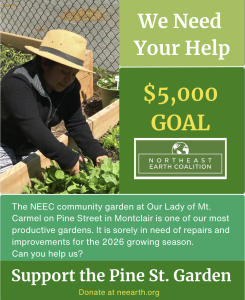The definition of “sustainability” is the study of how natural systems function, remain diverse and produce everything it needs for the ecology to remain in balance. It also acknowledges that human civilization takes resources to sustain our modern way of life. There are countless examples throughout human history where a civilization has damaged its own environment and seriously affected its own survival chances. Sustainability takes into account how we might live in harmony with the natural world around
us, protecting it from damage and destruction. We now live in a modern, consumerist and largely urban existence throughout the developed world and we consume a lot of natural resources every day. In our urban centers, we consume more power than those who live in rural settings and urban centers use a lot more power than average, keeping our streets and civic buildings lit, to power our appliances, our heating and other public and household power requirements. That’s not to say that sustainable living should only focus on people who live in urban centers though, there are improvements to be made everywhere – it is estimated that we use about 40% more resources every year than we can put back and that needs to change.
Sustainability and sustainable development focus on balancing that fine line between competing needs – our need to move forward technologically and economically, and the needs to protect the environments in which we and others live. Sustainability is not just about the environment, it’s also about our health as a society in ensuring that no people or areas of life suffer as a result of environmental legislation, and it’s also about examining the longer-term effects of the actions humanity takes and asking questions about how it may be improved.
Why is Sustainability Important? Simply stated, the future of our planet and ours depends on it. The importance of finding a sustainable future is rooted in three issues that are very much linked to one another: 1) fossil fuel depletion, 2) climate change due to CO2 emissions, and 3) the increasing costs of energy and water. Since the industrial revolution, the world’s industrialized nations have been founded on access to “cheap” fossil fuel energy. We all know that fossil fuels are a finite resource, and it’s alarming that demand for fossil fuels continues to increase. As other nations, such as China and India, become more industrialized, the global demand and price of fossil fuels will further increase, as will emissions of CO2. We’re also witnessing steady increases in the prices of energy from other sources, and in turn, the cost of fresh water. This is placing an increasing burden on economies worldwide, as well as the costs that an average homeowner faces.
We consider a move to greater sustainability, in all aspects of life, critical to our future. We only have one earth. We must find ways to reduce our harmful impact on the environment. Our focus is on increasing the sustainability of America’s new and existing homes.
Increasing sustainability of our housing stock will had the dual benefit of reducing our harmful impact on the environment, while also reducing the economic impact of high energy costs.
What are the primary goals of sustainability?
- The end of poverty and hunger
- Better standards of education and healthcare – particularly as it pertains to water quality and better sanitation
- To achieve gender equality
- Sustainable economic growth while promoting jobs and stronger economies
- All of the above and more while tackling the effects of climate change, pollution and other environmental factors that can harm and do harm people’s health, livelihoods and lives
- Sustainability to include health of the land, air and sea Finally, it acknowledged the concept of nature having certain rights – that people have stewardship of the world and the importance of putting people at the forefront of solving the above global issues through management of the environment and of consumption (for example, reducing packaging and discouraging food waste as well as promoting the use of recyclable materials).

